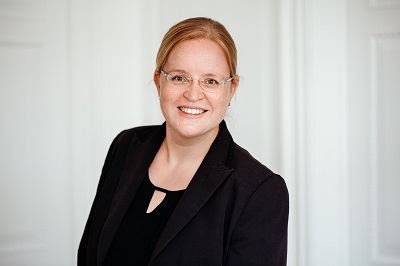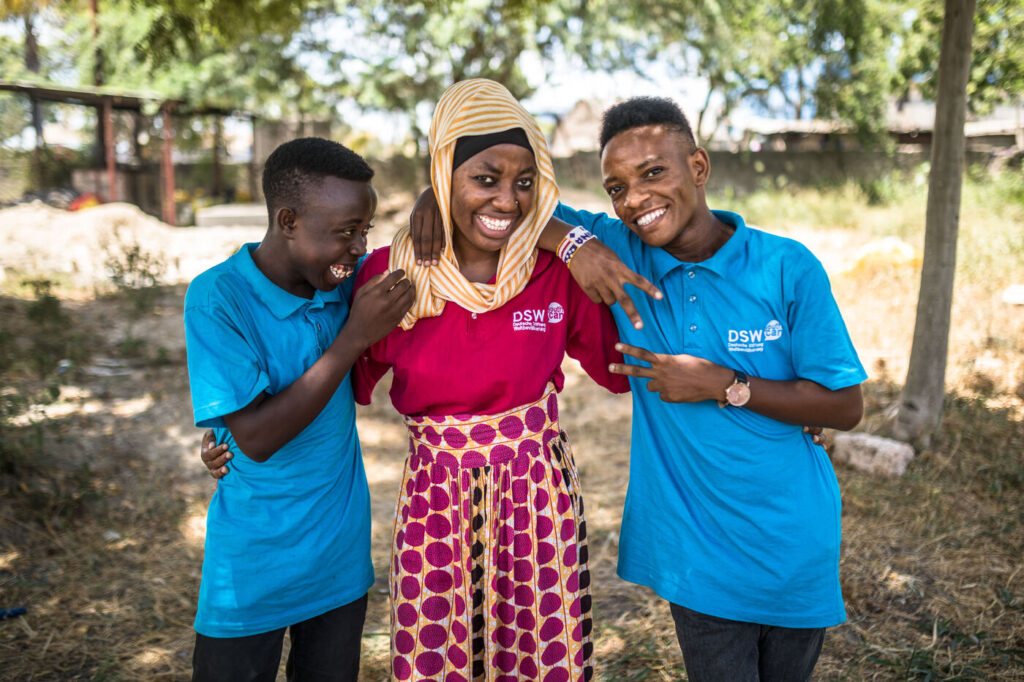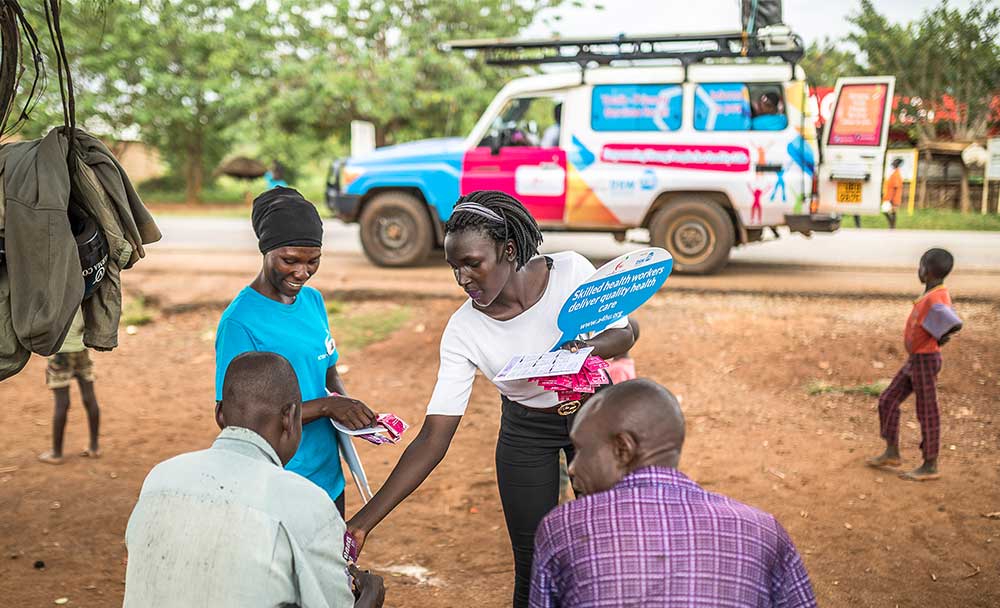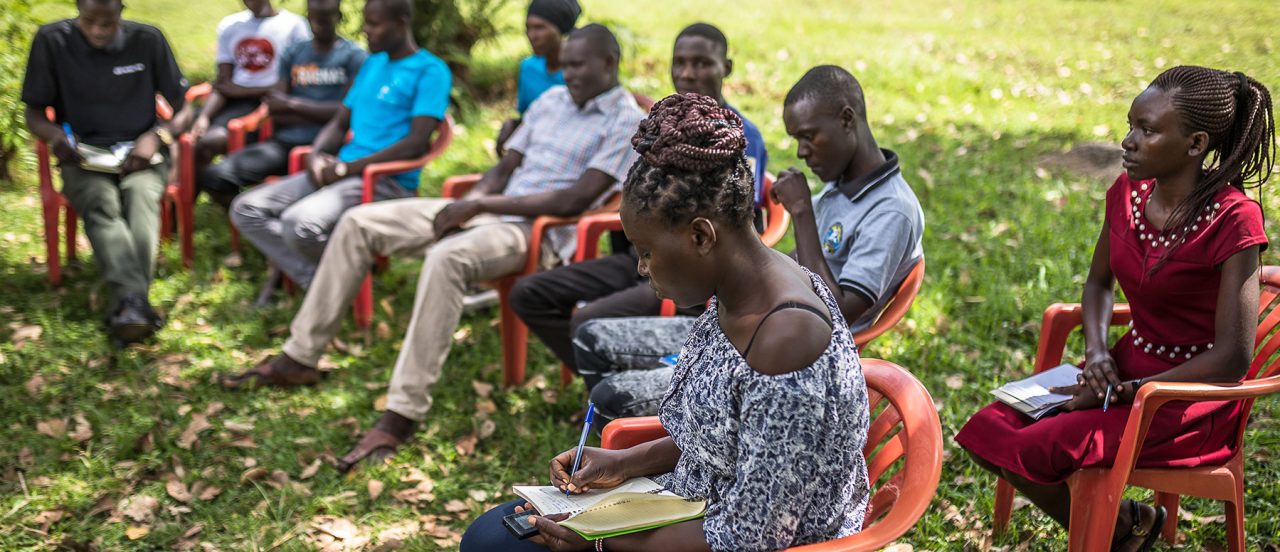
A voice for young people in Uganda
Uganda has one of the youngest populations in the world: 78 percent of Ugandans are under the age of 30. Nevertheless, politics is mainly made by and for older people. Topics like sexuality education, contraception and protection against sexually transmitted diseases are often not that important to them. But they are important to the younger generation. Only when information on these topics is easily accessible can young people make self-determined decisions about when to have children and ensure that they finish school. The project helps to ensure that young people have better access to sexual and reproductive health and rights (SRHR) services and supports them in making their voices heard politically.
The project aims to reach 36,000 young people aged between 15 and 24 from the Busia, Kampala, Kamuli, Mukono, Tororo and Wakiso districts. Many of them want more information about SRHR, including contraception. At school, these topics are only dealt with superficially, if at all. At health centres, young people often feel uncomfortable if they are unmarried and ask about contraception. On the one hand, because they are then often stigmatised and on the other hand, because their privacy is not sufficiently protected. Youth clubs, which are organised independently by young people, provide a solution. Here, young people receive information about SRHR and can take part in various training sessions. The youth clubs in a region are organised in youth empowerment centres. These in turn help members of different clubs to network with each other and become politically active. The structure is concentrated in a national youth secretariat. In this way, young people not only learn to advocate for their concerns at different administrative levels, they also build a self-governing and sustainable network to advocate together for their goals. The project is implemented by Action 4 Health Uganda, DSW’s Ugandan partner organisation.
Project status
ongoing
Country
Thematic focus
Strengthening local capacities and participation of young people in Uganda to improve their sexual and reproductive health and rights (SRHR) / Empower Youth Project
Funded by
Federal Ministry for Economic Cooperation and Development (BMZ), Bauder Foundation, private donations
Key activities
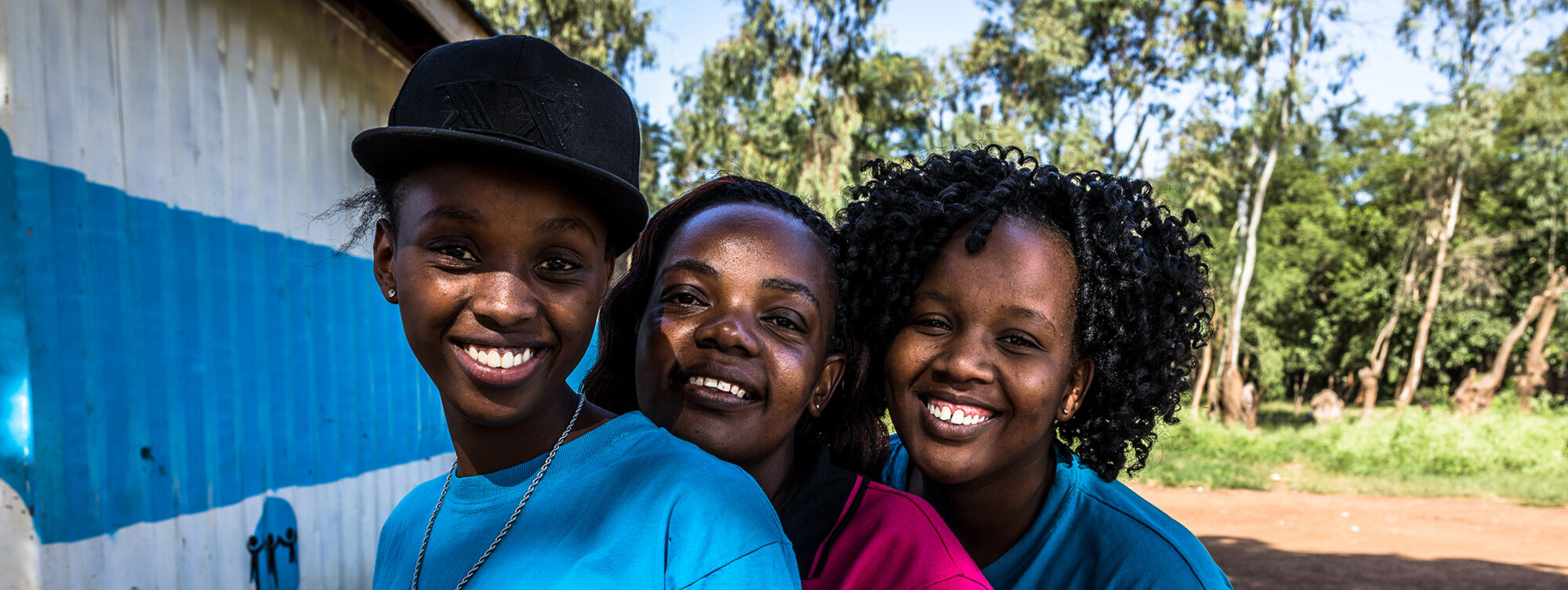
Secure donations with SSL encryption
Efficient, as administrative costs are low
Plannable support for young people
